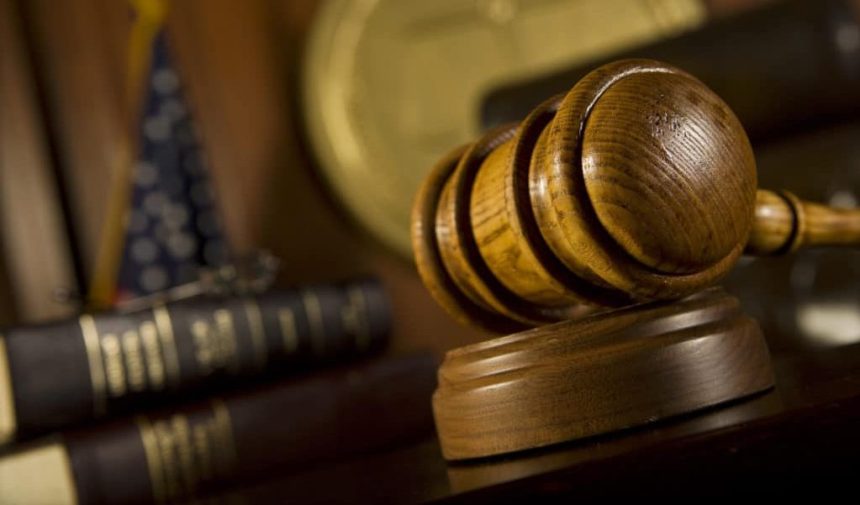The Mississippi Supreme Court has made a decision regarding controversial House Bill 1020, a bill designed to shake up the court system within the crime-heavy city of Jackson.
Justices sided with Chancellor Dewayne Thomas of the Hinds County Chancery Court in his previous ruling that a special court for the Capitol Complex Improvement District (CCID) is, in fact, constitutional and that the chief justice of the Mississippi Supreme Court has the power to appoint judges in emergency situations.

“After review, we agree with the chancellor that the creation of the CCID inferior court in Section 4 of House Bill 1020 is constitutional,” Justice James Maxwell wrote in the majority opinion. “Article 6, Section 172, of the Mississippi Constitution expressly and undeniably confers on the Legislature the authority to establish inferior courts, such as the CCID inferior court, as needed.”
However, the high court sided with the plaintiffs in their belief that the appointment of temporary circuit court judges to the Hinds County Chancery Court violates the Mississippi Constitution.
Jackson residents Ann Saunders, Sabreen Sharrief, and Dorothy Triplett filed the lawsuit in April, arguing that judges must be elected by residents of the area they represent. The provision, which would require the chief justice to appoint four circuit court judges with a term ending at the end of 2026, has been remanded back to the chancery clerk.
“While Section 1 calls these new judges ‘special circuit judges’ on paper, we see nothing special or unique about them – certainly nothing expressly tethering them to a specific judicial need or exigency,” the majority opinion continued. “Rather Section 1’s text merely creates four unelected circuit court judgeships, appointed into Hinds County to serve three-and-a-half years instead of four.”
Maxwell was joined by Justices Josiah Coleman, Dawn Beam, Robert Chamberlain, and David Ishee. Justices Kenneth Griffis and Leslie King concurred with the circuit court decision but disagreed on an inferior court within the CCID being constitutional.
“While House Bill 1020 may seem to carve the jurisdiction of the CCID court (a criminal trial court) from that of the circuit court, no statutory mechanism operates to place the CCID under the controlling authority of the circuit court,” Kitchens wrote, arguing that inferior courts must be part of constitutionally created courts. “This is a fatal constitutional deficiency that cannot be rectified by the judicial branch of the government.”
Chief Justice Mike Randolph, who would be a centerpiece of the new courts if HB 1020 is enacted, did not participate in the ruling.







